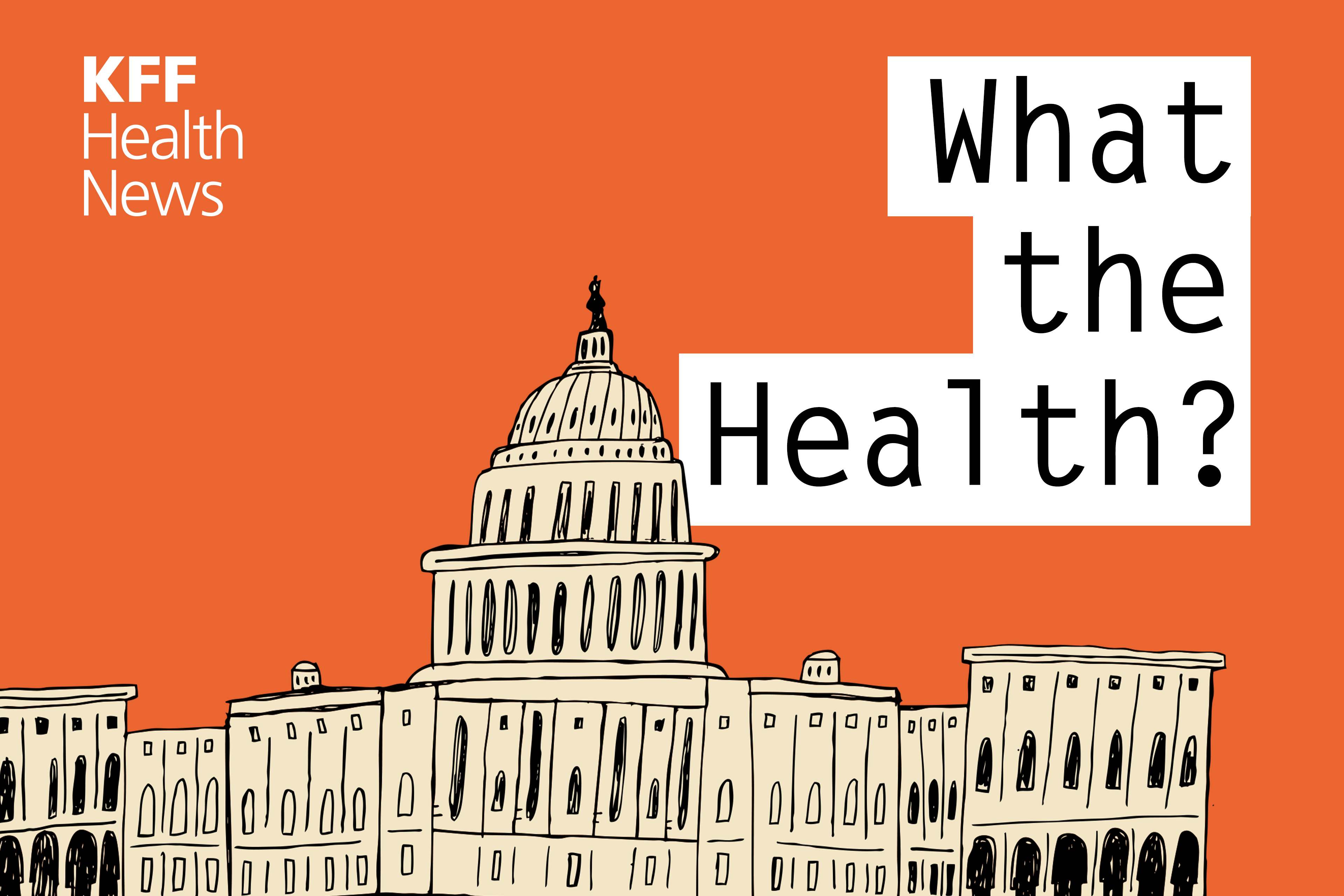Most of the Public Say Congress Should Extend ACA Enhanced Tax Credits Set to Expire Next Year, Including Most Republicans and MAGA Supporters
KFF's Health Tracking Poll finds that, despite budget concerns, more than three-quarters (78%) of the public say they want Congress to extend the ACA enhanced premium tax credits that are set to expire at the end of this year. Most Republicans (59%) and “Make American Great Again” supporters (57%) also favor extending the enhanced tax credits.


